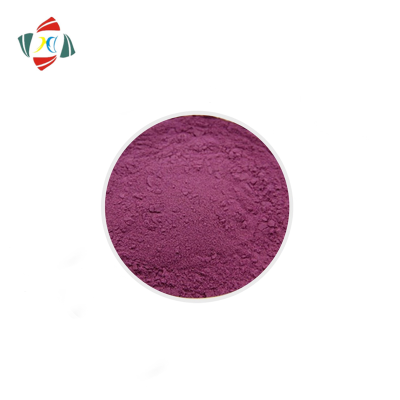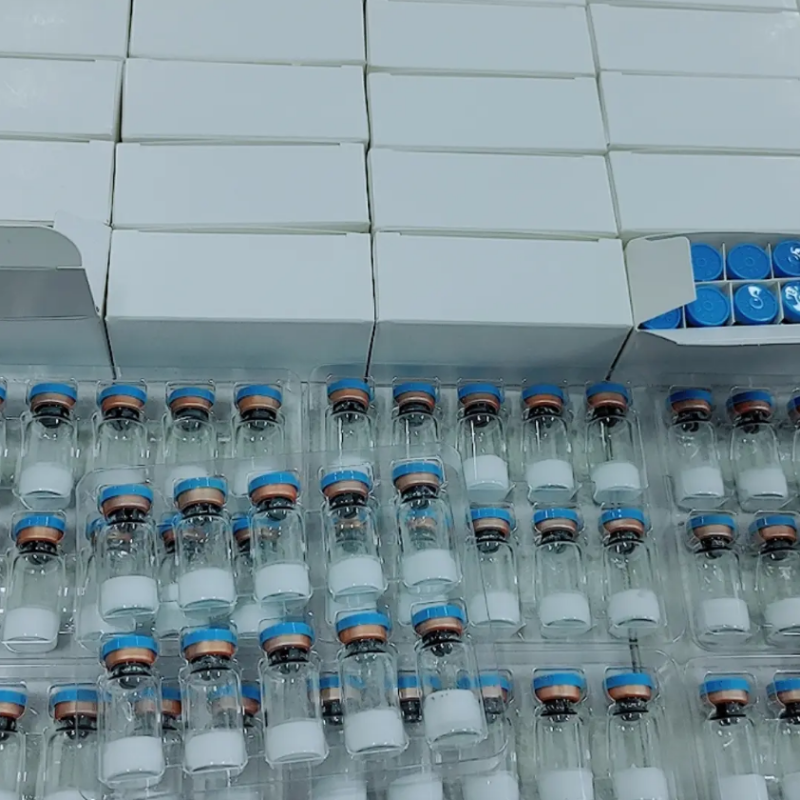-
Categories
-
Pharmaceutical Intermediates
-
Active Pharmaceutical Ingredients
-
Food Additives
- Industrial Coatings
- Agrochemicals
- Dyes and Pigments
- Surfactant
- Flavors and Fragrances
- Chemical Reagents
- Catalyst and Auxiliary
- Natural Products
- Inorganic Chemistry
-
Organic Chemistry
-
Biochemical Engineering
- Analytical Chemistry
- Cosmetic Ingredient
-
Pharmaceutical Intermediates
Promotion
ECHEMI Mall
Wholesale
Weekly Price
Exhibition
News
-
Trade Service
DECEMBER 27, 2020 /--- In a new study, researchers from the Westa Institute in the United States have discovered a new class of compounds that uniquely combine direct antibiotic killing of pan-resistant bacterial pathogens with the rapid immune response needed to fight antimicrobial resistance (AMR).
results were published online December 23, 2020 in the journal Nature under the title "IspH resedors kill Gram-negative bacteria and mobilize immune clearance."
image from Nature, 2020, doi:10.1038/s41586-020-03074-x.
World Health Organization (WHO) has declared AMR one of the top ten global public health threats to humans.
estimates that antibiotic-resistant infections could kill 10 million people a year by 2050 and burden the global economy with a cumulative $100 trillion.
list of bacteria that are resistant to all available antibiotics is growing, and few new drugs are in the pipeline, there is an urgent need for new antibiotic classes to prevent a public health crisis. "We have adopted a creative, two-pronged strategy to develop new molecules that can kill hard-to-treat infections while enhancing the host's natural immune response," said Dr. Farokh Dotiwala, co-author of the
paper and an assistant professor at the Westa Institute's Center for Vaccine and Immunotherapy.
"they identified a new generation of antibiotics called dual-acting immuno-antibiotics, DAIA.
the basic functions of existing antibiotic-targeted bacteria, including nucleic acid and protein synthesis, cell membrane construction and metabolic pathways.
, however, bacteria can gain resistance by inferging or pumping out the drug by targeting bacteria targeted by mutant antibiotics.
, "Our reasoning is that using the immune system to attack bacteria on two different fronts at the same time makes it difficult for them to develop resistance."
Dotiwala and colleagues focused on a metabolic pathway that is essential for most bacteria but does not exist in humans, making it an ideal target for antibiotic development.
this pathway, known as methyl-D-erthylitol phosphate (methyl-D-erythritol phosphate, MEP) or non-mevalonate pathway, is responsible for biosynthesis of isoprene, the molecule needed for the cell survival of most pathogenic bacteria.
Dotiwala lab has targeted an important enzyme called IspH in isoprene biosynthetics to block this pathway and kill the bacteria.
given the widespread presence of IspH in the bacterial world, this approach may target a range of bacteria.
the researchers used computer modeling to sift through the ability of millions of commercially available compounds to bind to IspH, and selected the most powerful compounds that inhibit IspH as a starting point for drug development.
Because previously available IspH inhibitors were unable to penetrate bacterial cell walls, Dotiwala worked with co-author Dr. Joseph Salvino, a drug chemist at the Westa Institute, to identify and synthesize new IspH inhibitor molecules that can enter the bacteria.
's team has shown that when in-body testing of clinically isolated strains of antibiotic-resistant bacteria, IspH inhibitors stimulate the immune system's bactericidal activity, which is more bactericidal-specific than the best antibiotics available today and kills a range of bacteria, including a variety of pathogenic Terrain-negative and Glorene-positive bacteria.
preclinical models of Terrain-negative bacterial infections, IspH inhibitors are better than traditional antibiotics.
all the compounds tested showed non-toxicity to human cells.
, lead author of the study and a postdoctoral researcher at Dotiwala Labs, said, "Immune activation represents the second line of attack for the DAIA strategy.
believe that this innovative DAIA strategy may represent a potential milestone in the world's fight against AMR, creating synergies between the direct lethality of antibiotics and the natural forces of the immune system.
" (Bioon.com) Reference: 1. Kumar Sachin Singh et al. IspH inhibitors kill Gram-negative bacteria and mobilize immune clearance. Nature, 2020, doi:10.1038/s41586-020-03074-x.2.Research team reports new class of antibiotics active against a wide range of bacteria。







